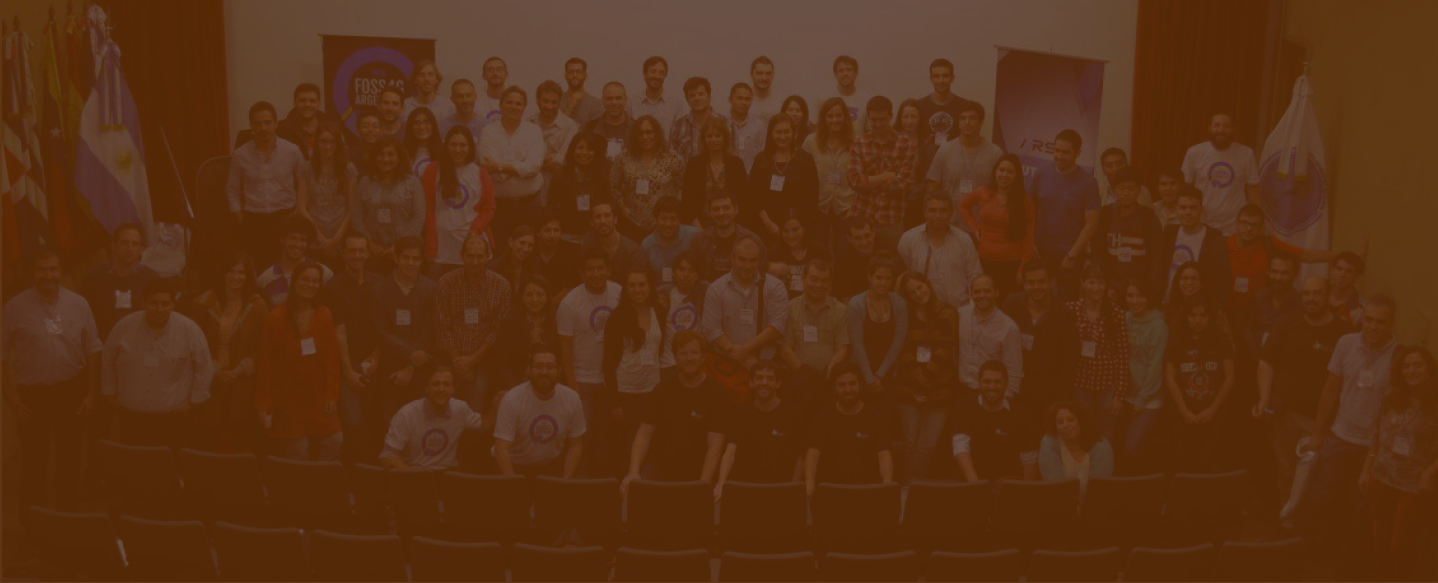Andrea Aime
Open source enthusiast with strong experience in Java development and GIS. Personal interest range from high performance software, huge data volume management, software testing and quality, spatial data analysis algorithms, map rendering. Full time open source developer on GeoServer and GeoTools.
Received the Sol Katz's OSGeo award in 2017.
Sessions
Never before we have had such a rich collection of satellite imagery available to both companies and the general public. Between missions such as Landsat 8 and Sentinels and the explosion of cubesats, as well as the free availability of worldwide data from the european Copernicus program and from Drones, a veritable flood of data is made available for everyday usage.
Managing, locating and displaying such a large volume of satellite images set can be challenging. Join this presentation to learn how GeoServer can help with with that job, with real world examples.
The presentation aims to provide attendees with enough information to master GeoServer styling documents and most of GeoServer extensions to generate appealing, informative, readable maps that can be quickly rendered on screen. Examples will be provided from the OSM data directory GeoSolutions shared with the community.
Join this presentation for an introduction to OGC API Features, Styles, Maps and Tiles (and more!), the state of their development, their extensions, as well as how well the GeoServer implementation is tracking them.
A common question seen on many open source mailing lists is "When will you guys fix my bug?" It is critical to my company This is often followed by one of the developers replying to say "When you write a fix or pay someone to do it". This leads to the user complaining to everyone that this snarkiness is not a welcoming response or how unreasonable it is to expect them to learn to program, or to pay. The discussion often descends into a rambling maze of twisty insults and justifications. When the fuss dies down, all the developers go back to doing what they the were doing something useful and the user becomes either a dissatisfied user or an ex-user. This talk by two veteran open source developers will help users see that play out from our the developer point of view. We ll look at the reasons that drive developers to share their code, the licencing conditions covering it, the real life of developers and associated constraints, and what is actually reasonable to expect from both sides.
This presentation provides an update on our community as well as reviews of the new and noteworthy features for the latest releases. Attend this talk for a cheerful update on what is happening with this popular OSGeo project, whether you are an expert user, a developer, or simply curious what GeoServer can do for you.
GeoWebCache is a pure Java tile cache that can be used either stand alone, or in integration with GeoServer.
Attend this talk for a cheerful update on what is happening with this popular project, whether you are an expert user, a developer, or simply curious what it can do for you.
Discrete Global Grid Systems are a way to tessellate the entire planet into zones sharing similar characteristics, with multiple resolutions to address different precision needs, allowing integration of data coming from different data sources, and on demand analysis of data.
Come to this presentation to have an introduction to the DGGS concepts, learn when they are a good fit for a specific problem, and get an update on their implementation in GeoServer.
GeoPackage is becoming a pervasive tool to share data among systems. But how well does it transfer meta-information, and how well does it handle large datasets? The presentation will introduce the work GeoSolutions performed during OGC Testbed 16, to answer those questions. In addition to the above, we’ll discuss handling large raster GeoPackages with GeoServer.
Working in large open source projects, can be challenging, especially trying to keep everyone on the same page, and generating code that has enough similarities to allow shared maintenance.
The advent of platforms like GitHub also made it easier for one time contributors to participate, generating in the process a fair amoumt of “review stress” in the project maintainers.
The presentations covers automated QA tools as a way to make code more uniform, avoid introduction of some types of technical debt, and reduce review efforts on pull requests, while also raising the level of the review.

